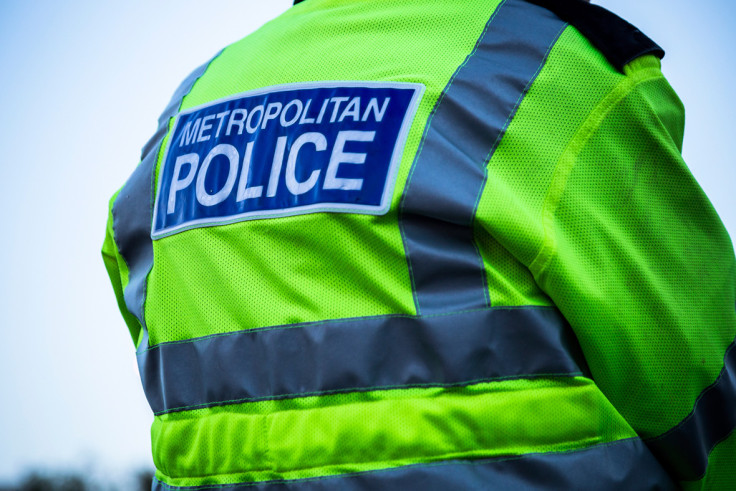Met Police is 'institutionally racist, misogynistic, and homophobic:' Report
The report added that Black Londoners are more likely to be stopped, searched and handcuffed.

London's Metropolitan Police has again come under scrutiny after a report claimed that the organisation failed to protect not only members of the public but its female staff members as well.
A review of the force's conduct by Baroness Louise Casey has made some explosive revelations about the Met Police and its conduct over the years. The report found the force to be "institutionally racist, misogynistic, and homophobic."
"The Met has not protected its female employees or members of the public from police perpetrators of domestic abuse, nor those who abuse their position for sexual purposes," read the 363-page report.
The review was launched in February 2022, and Casey, a member of the House of Lords in the United Kingdom, was appointed to investigate its institutional culture.
The force is still largely white (82%) and male (71%). It added that if recruitment continued the way it is now, it would take at least another thirty years to reach gender balance.
It revealed how speaking up against the wrongs within the institutions was not welcomed. "Keeping your head down, looking the other way, and telling people – especially senior officers – what they want to hear is the way things are done in the Met," added the report.
It also highlighted the problems being faced by Met staffers because of the circumstances they work in. "Frontline officers working on Response and Public Protection Teams were not being properly assisted with psychological support to protect their mental health or prevent desensitisation towards victims and the public," it read.
The report went on to add that as many as 22 per cent of staff and officers experienced bullying. And that there is "deep-seated" homophobia within the Met. Female officers claimed that they routinely faced sexism and misogyny.
It added that some of the people in the Met have racist attitudes and that "Black, Asian, and ethnic minority officers and staff are more likely to experience racism, discrimination, and bullying at their hands."
Black Londoners are more likely to be stopped, searched and handcuffed. The community is not satisfied with the Met Police and there is a general lack of distrust. "Clearly not everyone in the Met is racist, but there are racists and people with racist attitudes within the organisation," it read.
The authorities were forced to launch the review against the Met Police after it came to light that one of its officers, Wayne Couzens, murdered a young woman after raping her. Couzens was convicted of the crime in 2021. It is said that 26 of Couzens' colleagues committed sexual offences including voyeurism, rape, and possession of indecent images of children.
The Met Police force was still trying to deal with the controversy created by Couzens' case when another serving officer was arrested and accused of rape the same year.
Former Met Police officer David Carrick was jailed for life in February for dozens of rapes and sexual assaults. Carrick carried out these crimes over two decades, and the police failed to take any action against him.
The department launched a review of the conduct of its officers after Carrick's case hit the headlines. More than 1,000 Metropolitan Police officers and staff had been accused of being involved in sexual and domestic abuse, per the review carried out by the force itself.
The Casey review comes in the backdrop of the publication of a similar report by the National Police Chiefs Council (NPCC) last week.
An investigation by the NPCC recently revealed that hundreds of complaints were registered against UK police officers between October 2021 and March 2022, but action was taken in less than 1% of these cases.
The allegations levelled against police officers in England and Wales included complaints related to sexual harassment, discreditable conduct not in the execution of their duty, and sexual assault.
The complaints were filed against more than 1,500 police officers for violence against women and girls. However, action was taken against only 13 officers. The report went on to claim that it is "highly unlikely that a police officer will face proceedings over an allegation."
© Copyright IBTimes 2025. All rights reserved.





















